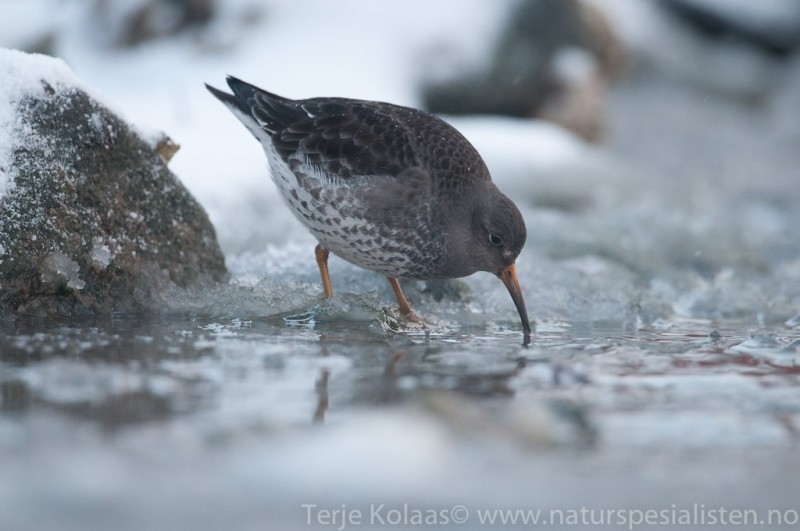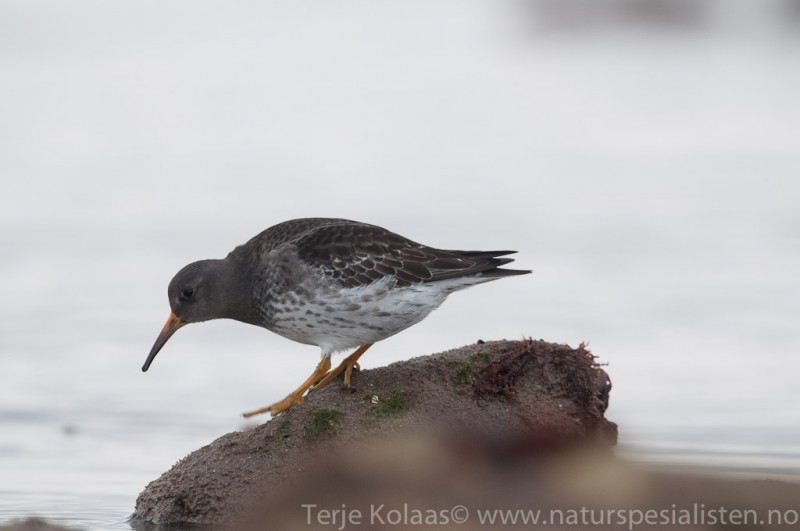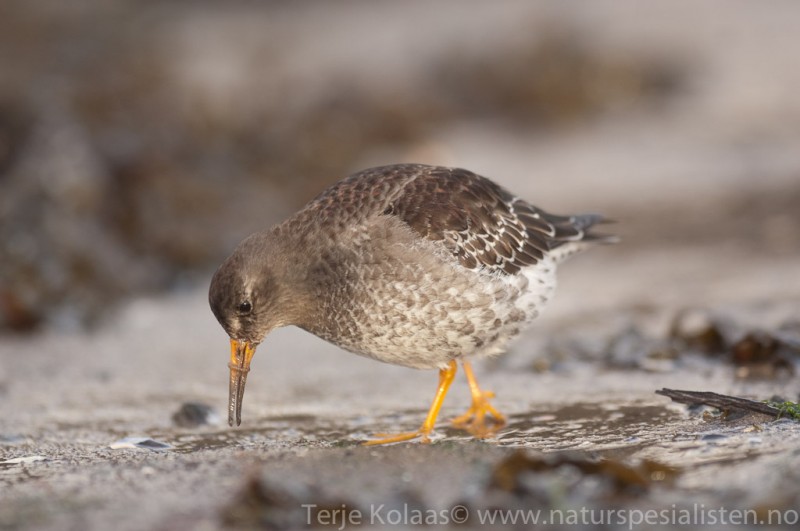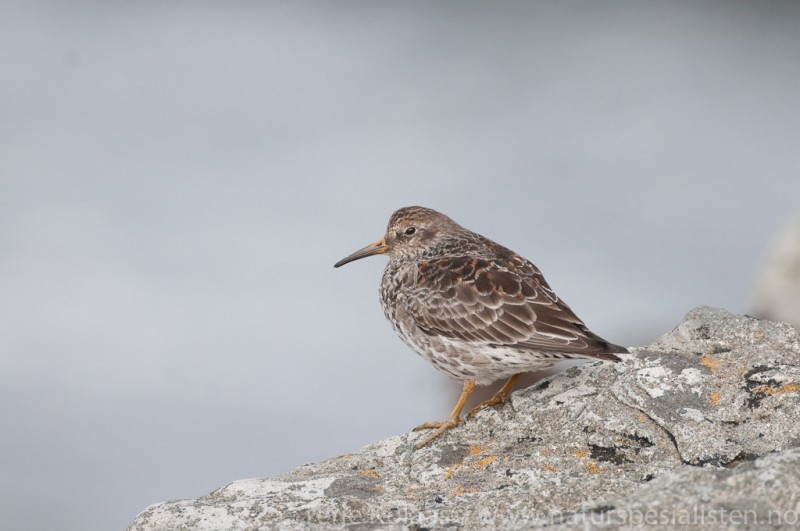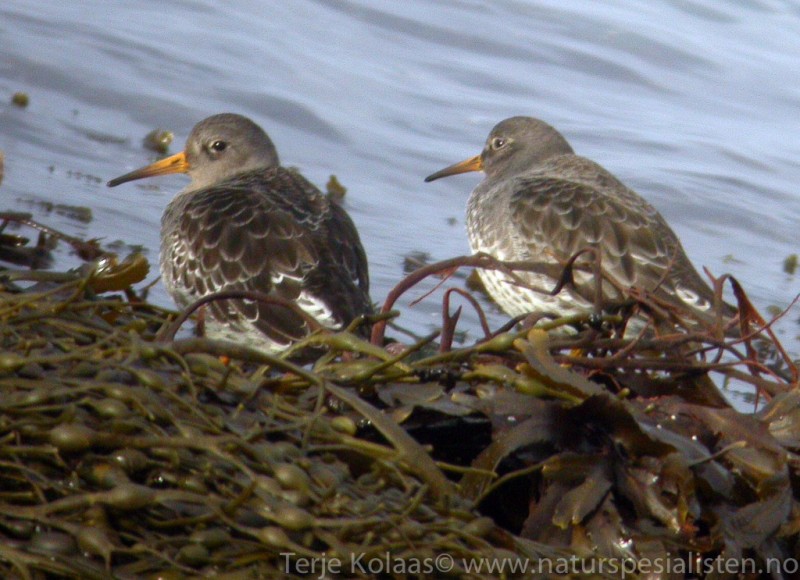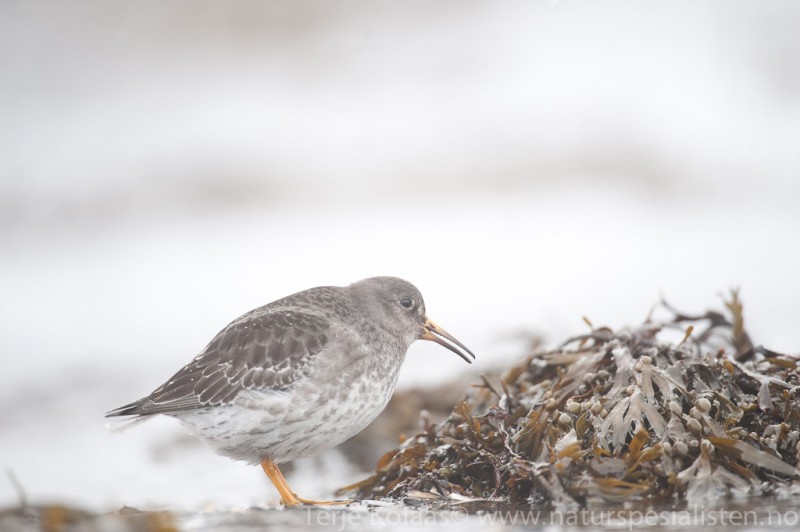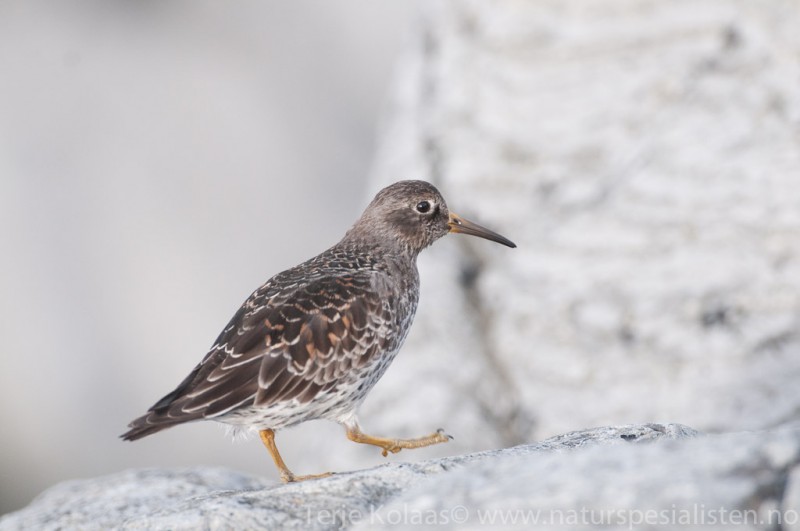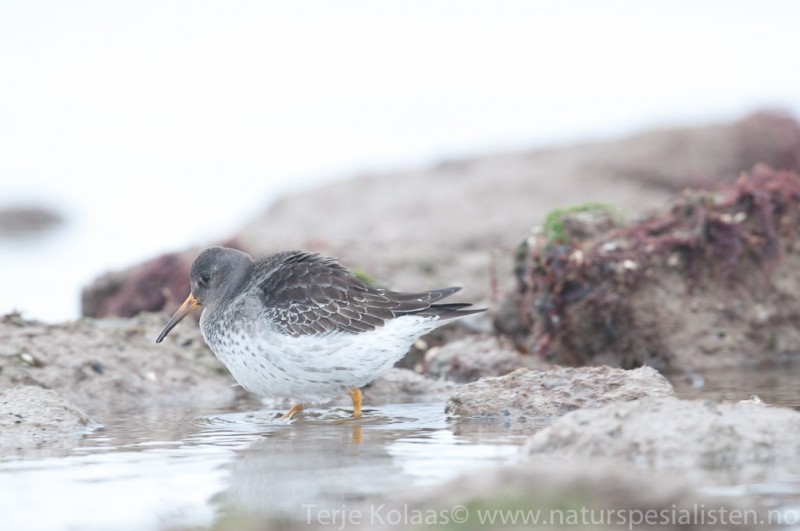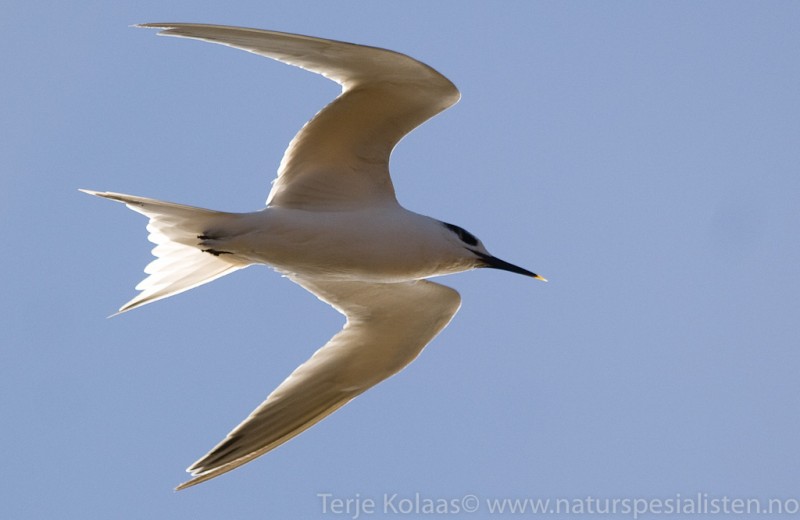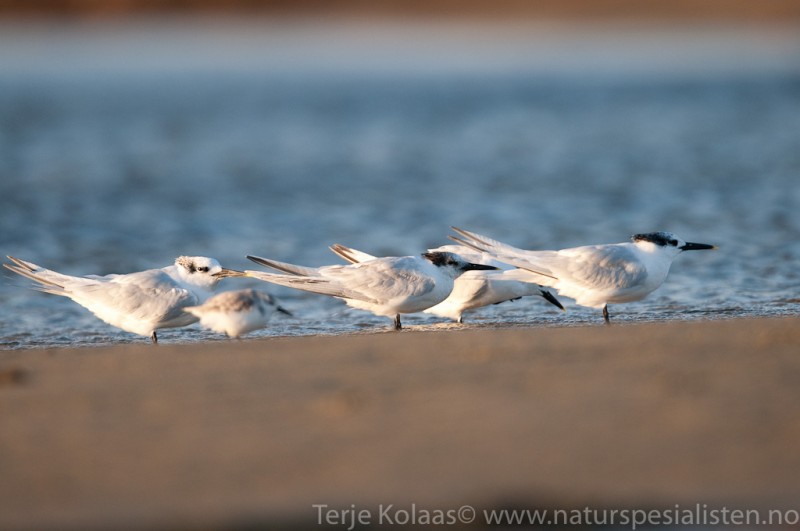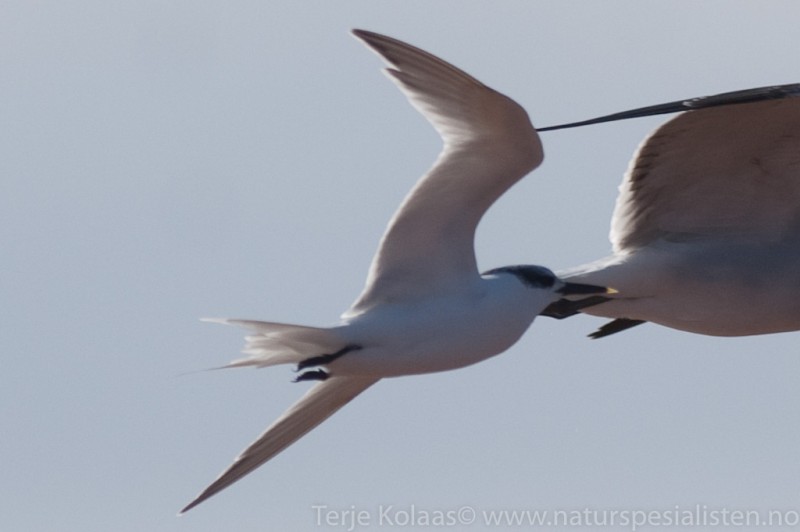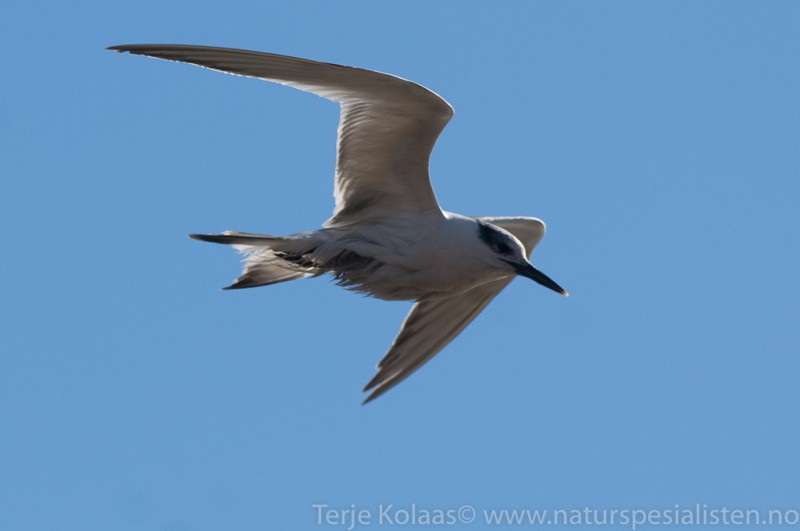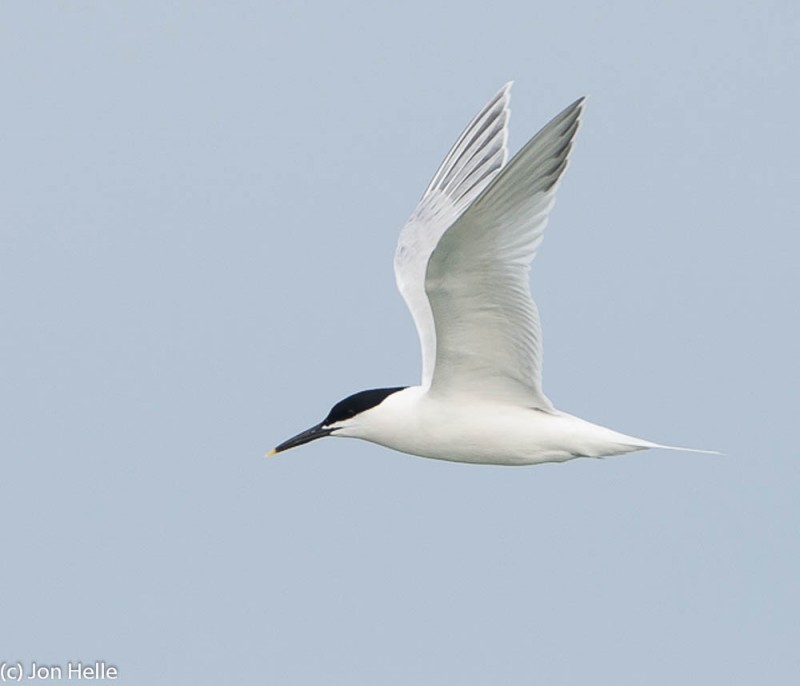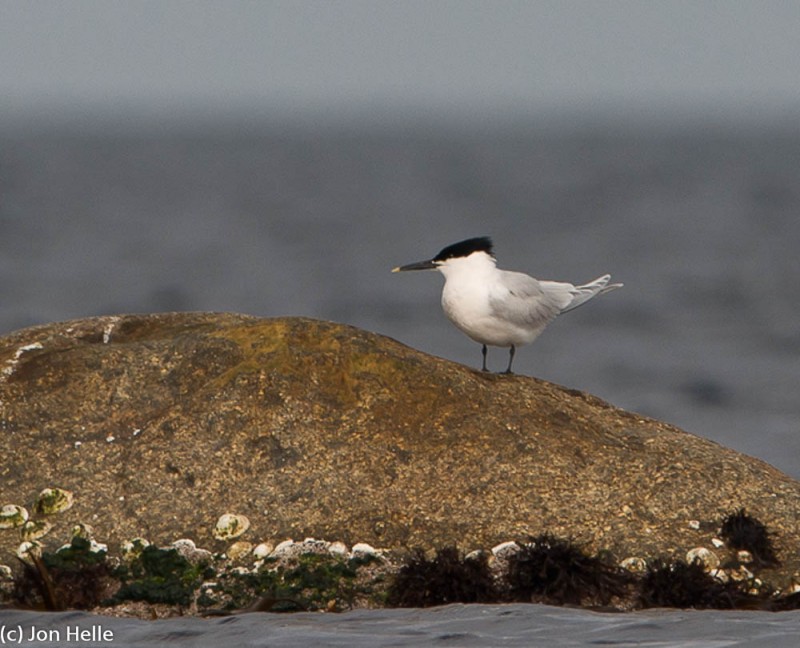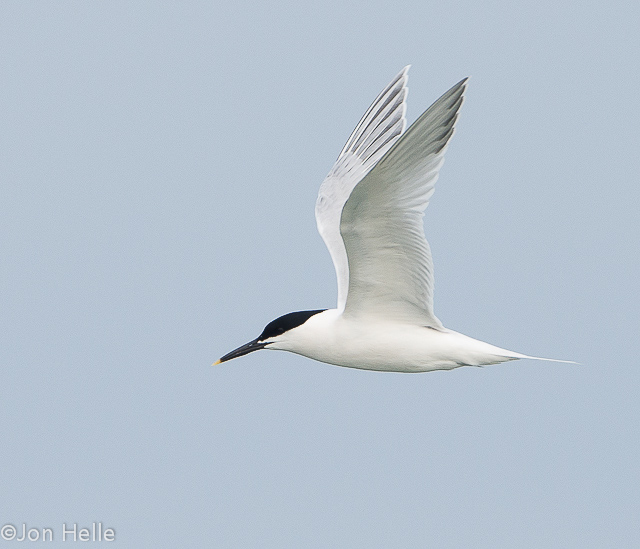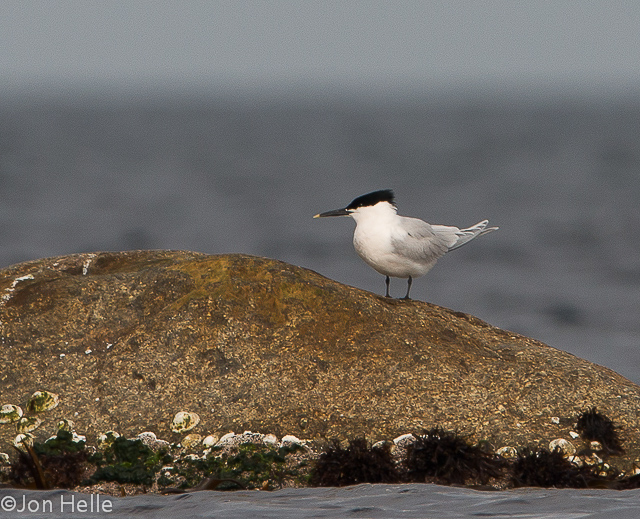Purple Sandpiper (Calidris maritima)
Sandwich Tern (Thalasseus sandvicensis)
Robust, compact and dark wader, with relatively long and slightly curved bill. Mostly seen in winter at the coast where it prefers rocky surfaces as opposed to most other waders. In winter plumage the base of bill and legs are yellow, and the upperparts grey with dark markings. Breeds in high Arctic and mountains. Summer plumage darker than winter, with brown fringes/spots on back, and darker bill and legs. Similar wing and rump pattern to Dunlin, but appears overall darker. Tail extends beyond wing tips of resting birds. Flight patterns at wintering grounds straight and low.
Sound:Contact call a hoarse and hard "weet". Sometimes in chattering series. Song quite varied with series of short, nasal, vibrating sounds, interspersed with drawn out, slower calls.
Contact call:
Distribution:
Wikipedia: map (se also Xeno-canto below)
Ecology:Birdlife ecology
Links:
Observation.org Latest observations
Image search Flickr NB! May give other species
CCSounds:Recorded by Stein Ø. Nilsen,http://www.xeno-canto.org ,CC license
Large tern with black bill, with yellow tip (adults). Bill all black in juveniles. Long black cap and shaggy crest. Generally leaves a much whiter impression than other terns in the region (except Roseate Tern). Adult summer: Yellow bill-tip. Tail pure white, and upperparts pale grey. Outer primaries darker than rest of wing, and contrast increases in worn plumage. Broad white trailing edge to inner wing. Underside of primaries with faint narrow dark trailing edge. Forehead white in adult winter and first winter plumage. Juveniles: scaly upperparts and dark bill. Less evenly coloured than juvenile Gull-billed Tern. First winter birds similar to juveniles, but back purer grey and bill shorter. Can be mistaken for Gull-billed Tern, but note different profile. Flight powerful with evenly narrow wings and a front-heavy appearance, due to the long head and bill. Often dives from high above the surface and stays under water longer than Common and Arctic T.
Sound:Contact call a sharp and grating "keeree-eek". Often compared to the pressing of amalgam into a tooth.
Contact call:
Distribution:
Xeno-canto: map
Ecology:Birdlife ecology
Links:
Observation.org Latest observations
Image search Flickr NB! May give other species
CC
 English
English Albanian
Albanian
 Armenian
Armenian
 Bulgarian
Bulgarian
 Catalan
Catalan
 Croatian
Croatian
 Czech
Czech
 Danish
Danish
 Dutch
Dutch
 Finnish
Finnish
 French
French
 Georgian
Georgian
 German
German
 Greek
Greek
 Hungarian
Hungarian
 Italian
Italian
 Latvian
Latvian
 Lithuanian
Lithuanian
 Macedonian
Macedonian
 Norwegian
Norwegian
 Polish
Polish
 Portuguese
Portuguese
 Romanian
Romanian
 Russian
Russian
 Sami : Lule sami
Sami : Lule sami
 Sami : North sami
Sami : North sami
 Sami : South sami
Sami : South sami
 Scientific names
Scientific names
 Serbian
Serbian
 Spanish
Spanish
 Swedish
Swedish
 Ukrainian
Ukrainian


